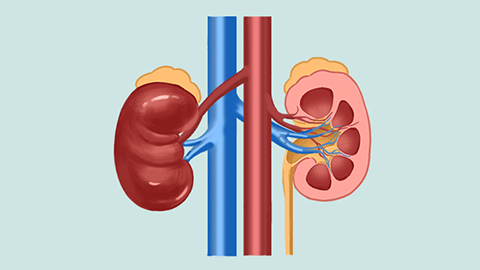Is regular follow-up testing needed for kidney dysfunction?
In general, patients with renal insufficiency need regular follow-up examinations, which are important for monitoring the condition and adjusting treatment. Detailed analysis is as follows:

Renal insufficiency is a condition characterized by gradual decline in kidney function, with the condition possibly changing over time and some damage being irreversible. Regular follow-up examinations help timely detect changes in renal function indicators, monitor disease progression, provide a basis for adjusting treatment plans, and avoid delayed intervention due to concealed progression of the disease. Without regular follow-ups, deterioration of renal function may not be detected in time, leading to an increased risk of complications. The frequency of follow-up should be determined according to the severity of the condition; patients with early-stage renal insufficiency may undergo follow-up examinations every 3–6 months, while those with moderate to severe conditions may require monthly check-ups.
In daily life, patients with renal insufficiency should not only undergo regular follow-up examinations but also maintain a healthy lifestyle, including a low-salt and low-fat diet, appropriate water intake, avoiding fatigue, and managing underlying diseases. Combining regular follow-up examinations with daily care can better preserve kidney function and improve quality of life.









